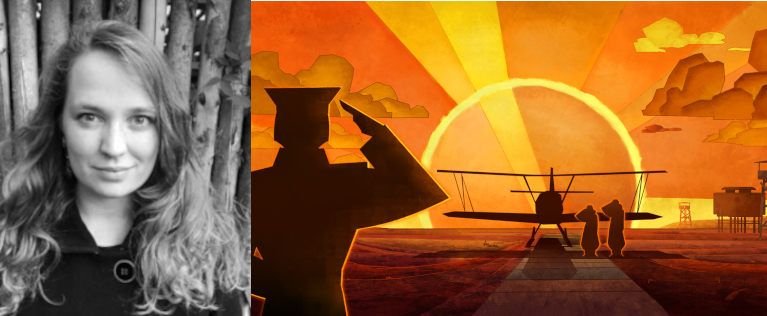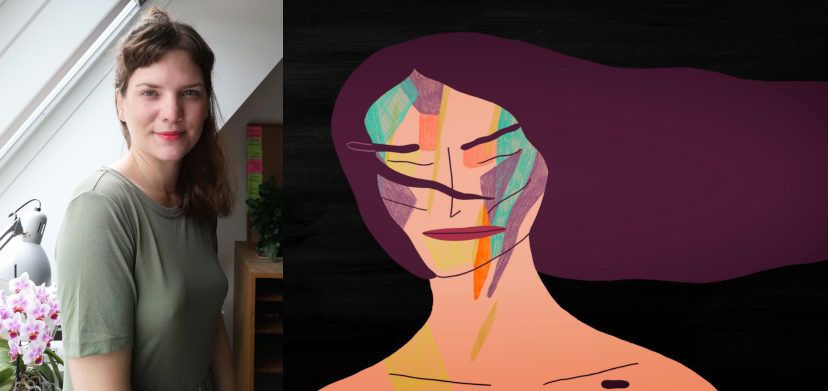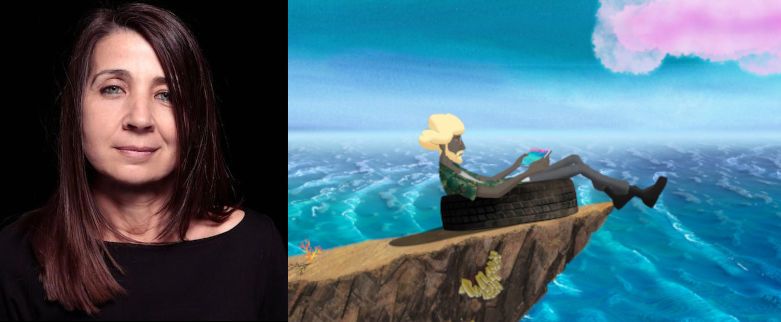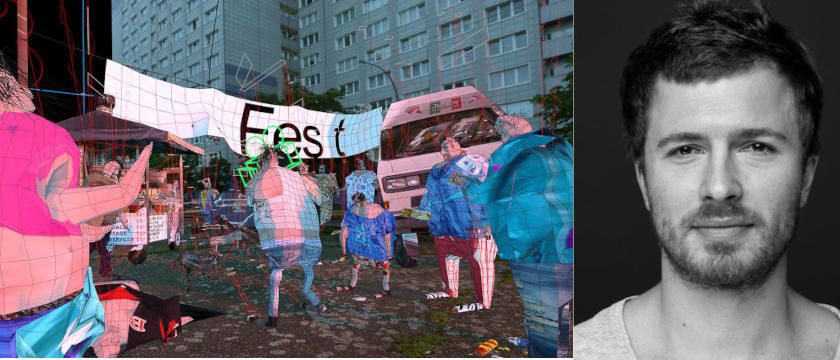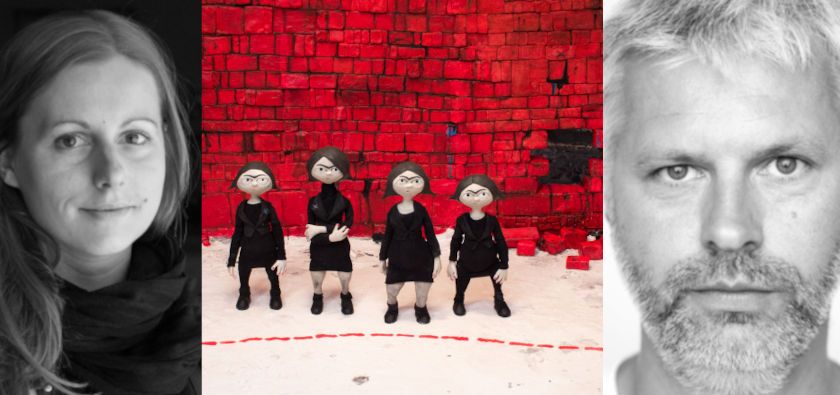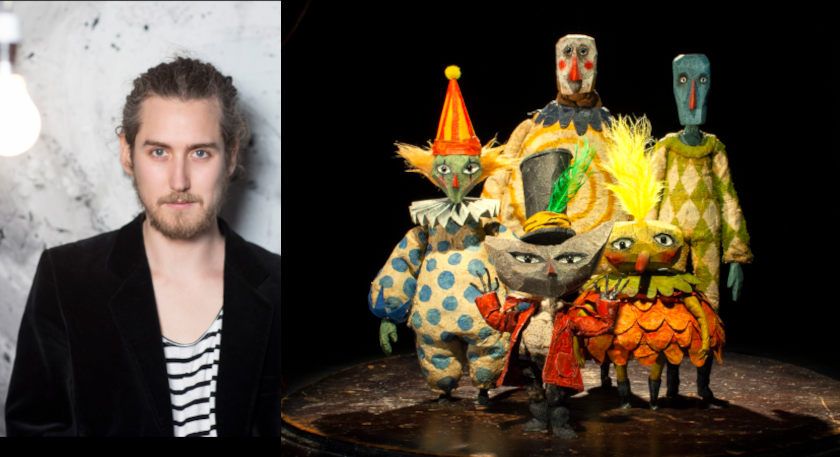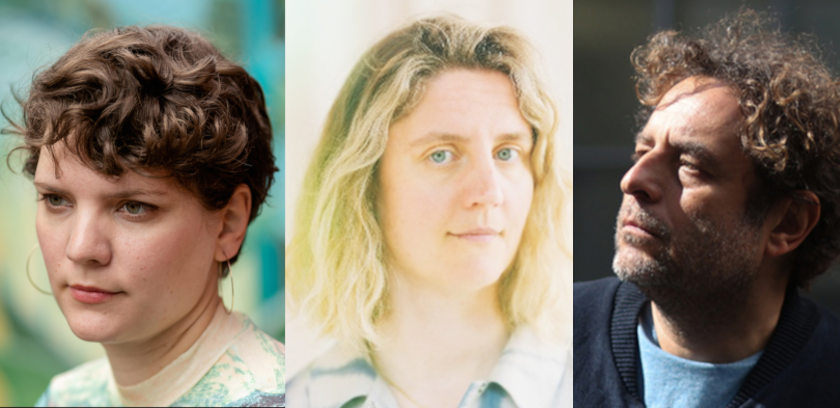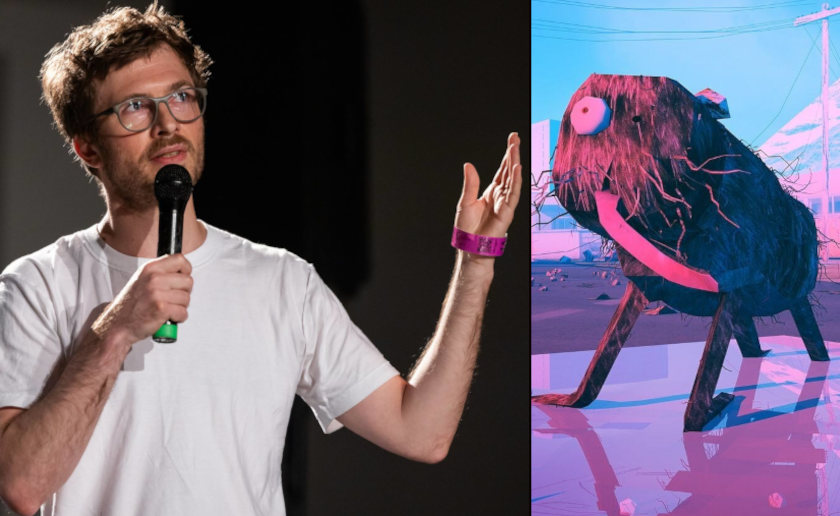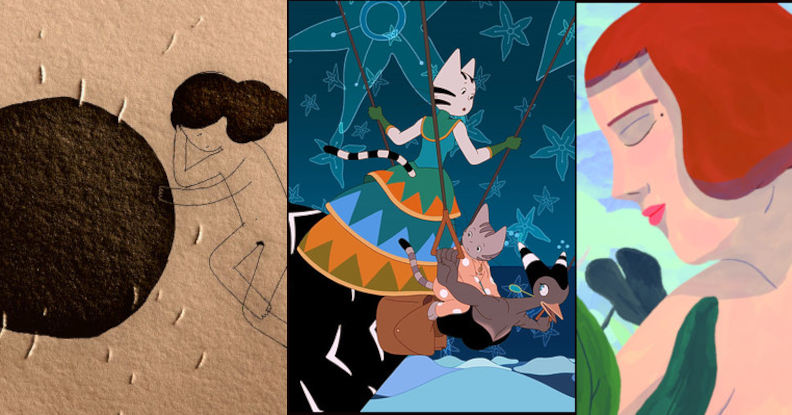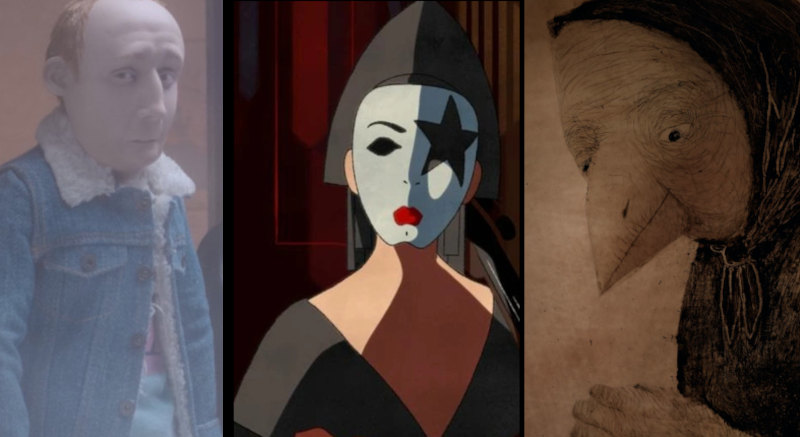Indie Online 2020 Research Project: 8 Animation Directors Interviewed
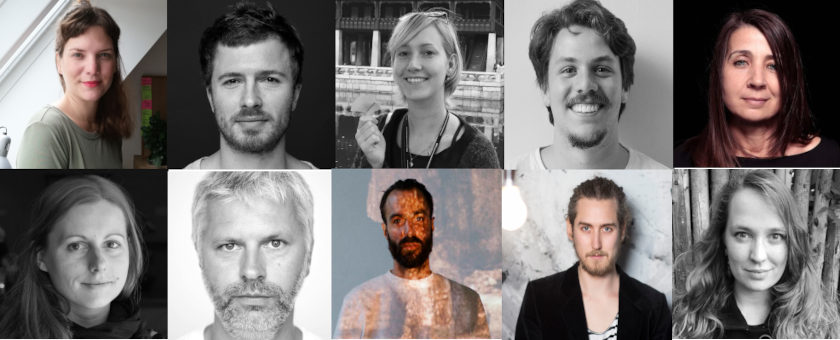
How do you navigate a world of altogether digital content as an animation professional? What are the opportunities and the mishaps that are awaiting for you in this all-inclusive, ever-penetrating online world? These were some of the questions that initiated the Indie Online 2020 Research project, headed by Michelle Kranot, and supported by The Animation Workshop / VIA University College, Center for Animation, Visualization and Digital Storytelling, Denmark. A more comprehensive overview of animation professionals and their attitude towards this during the (March) lockdown, their aspirations and decisions were also sought and recorded -before being qualified and quantified.
Within the framework of the project, Zippy Frames conducted a series of seven interviews with eight participants, both acclaimed and emerging animation directors.
It is interesting to note that in all those interviews, participants don't shy away from their work being online and 'consumed' online; they rather embrace technology as a source of information and communication with their fellow filmmakers. What they object, thought, is easy-formed, inflated notions of online accessibility; they are ready to pinpoint that in the online case, a like-minded community of individuals and professionals needs to be formed, as it exists in the physical /theatrical case of work exhibition. The laissez-faire, laissez-passer attitude is a non-starter for independent animation filmmaking; it sometimes also leads to the domination of the strongest, most shout-out-loud voice, a very weak ingredient for free expression and artistic evaluation -and democratic practices.
At the same time, the theatrical experience (cinemas, film and animation festivals) are here better circumscribed as a pole of embedded and embodied interaction. This is more than cinema love; it is putting your own work in front of a community who will interact in various experiential ways towards the work you yourself put out in front. Place matters, people matter, their physical reaction and interaction matters.
Our interviewees necessarily had a lot of time to reflect on their artistic self throughout the 2020 lockdown, but they were not isolated in a fictional Ivory Tower; bills had to be paid, prior commitments to be fulfilled, disruption faced in all sorts of ways. What emerges from their replies is the way to go beyond a content-based, project-based view of the artistic creation. Animation artists and directors need to rethink their own artistic position and what it means to create in a global society that changes its values towards arts and democracy -and not always for the better. They are not just content providers, they are artistic personalities and creators. They do not need to be celebrated as God-given bearers of artistic secrets, but they do want to function as people who seek the artistic, diverse, free, rich, veridical expression in independent animation in a climate which embraces the creators alongside their creations. It's definitely a self-integrity artistic plea that needs to be heard.
Vassilis Kroustallis
PARTICIPANTS
Julie Baltzer
I wouldn't want everything to look like Netflix. In the physical days, festivals would get away with this online thing, because you would arrive there and the atmosphere was great, the vibes amazing, and great people and the volunteers etc. But now when you have to put your festival online and keep the vibe, a Netflix rip-off would probably not do
Flóra Anna Buda
Even a film is online, I still decide what I want to see. So I didn't feel like I have to watch it because it's available. But It really does matter to have a nice curation and programmes which somehow fit each other. You can't put every short film next to each other.
Anca Damian:
It is a huge danger that art stays only as entertainment. I remember seeing this Facebook profile frame "support art workers" that a lot of artists put in their profile. Art is more than work, art is creation. It is a vision, it is thinking why we are alive. And we have to protect the films that celebrate those ideas this kind of film will disappear if we don't give them a chance.Anca Damian
Nikita Diakur
In the online world, you have a platform for everything basically, which is YouTube. You can still put your stuff on YouTube and coexist with other stuff, and you can find your niche audience there. The only thing is the mechanism of earning money, which for short films it's not really happening. I'm not sure how this can be solved,
Ana Nedeljković & Nikola Majdak Jr
AN: Nowadays, the Internet is the biggest garbage bin that ever existed. And it is so chaotic and unorganized that it becomes frightening. That's my biggest problem with the online content.
NM: What also frightens me is that this Internet content is privately owned. All content regulators are private, corporate companies.
Simon Rouby:
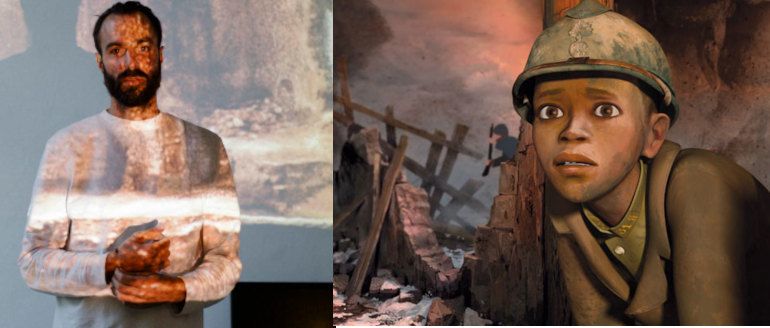
I remember when I finished Adama, I needed to go on the road with the film; I needed to see the reactions of the people. You work for 6 or 7 years for something; and when it's over, you need to read into people's eyes what they saw in your film.
Joseph Wallace
The meta-narrative that the UK was ‘open for business' and 'we're carrying on' cannot account fro smaller productions, incl. stop-motion productions. Joseph Wallace talks to Zippy Frames about online content and stop-motion production
Directors' interviews are part of the Indie Online 2020 research project, headed by Michelle Kranot and supported by The Animation Workshop / VIA University College, Center for Animation, Visualization and Digital Storytelling, Denmark.Viborg,


